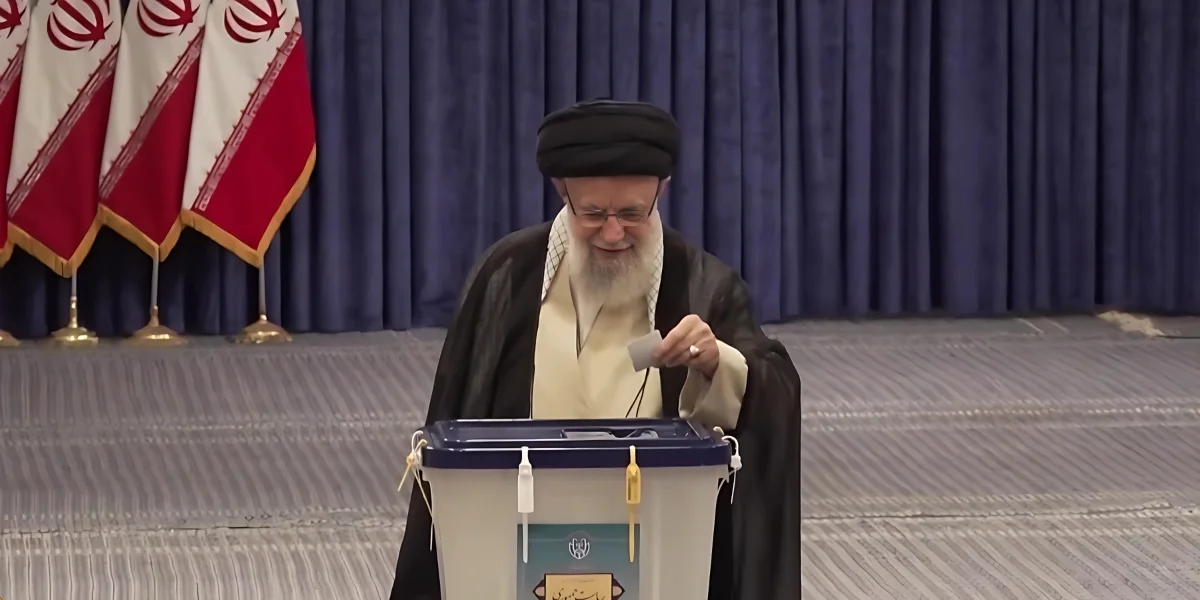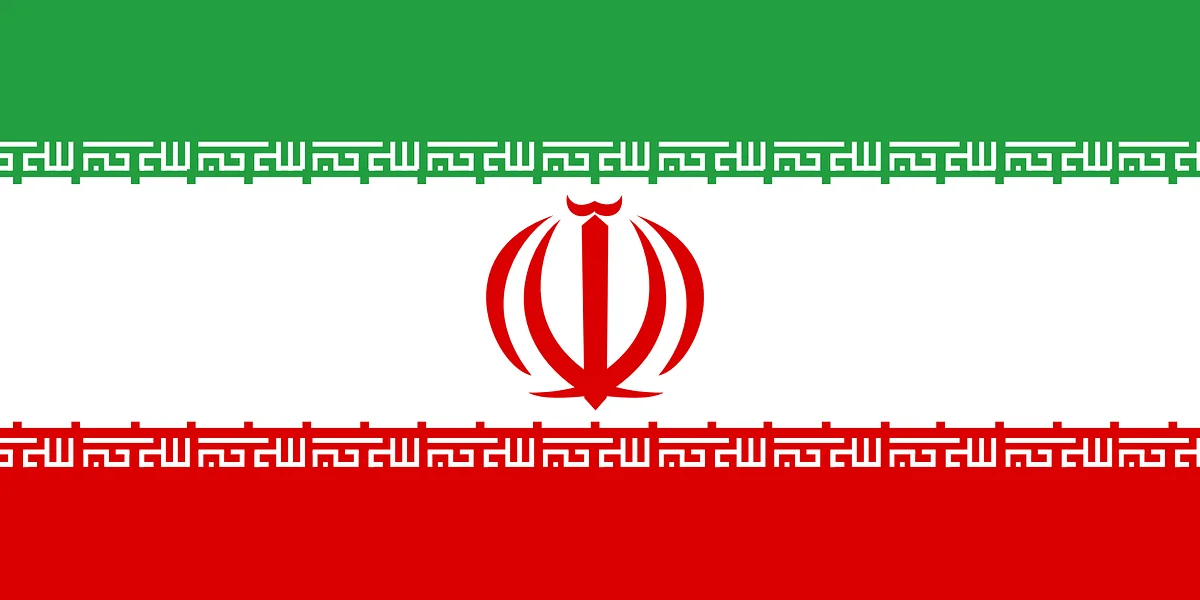Iranians Vote for New President one Month After Ebrahim Raisi's death

Iranians voted Friday in an emergency election to elect a new president, with a slate of primarily conservative candidates vying to succeed hard-line leader Ebrahim Raisi, who died in a helicopter crash last month.
The vote took place while Iran struggles with a number of issues, such as a faltering economy and hostilities with Israel. As the second Iranian president to pass away while in office since the Islamic Revolution in 1979, Raisi was a protégé of Supreme Leader Ali Khamenei.
When Khamenei cast his ballot in the election on Friday morning, he encouraged Iranians to go to the polls and cast their votes.
Friday, photos of lengthy queues of people waiting to cast ballots were shown on state television. Yet Iranians also uploaded pictures of deserted polling places to the internet during the day. Some were merely indifferent, while others chose to stay at home as a show of disapproval.
The main contenders are parliamentary speaker Mohammad Bagher Ghalibaf and ultraconservative Saeed Jalili, a former chief nuclear negotiator. The sole reformist candidate is Masoud Pezeshkian, a cardiac surgeon advocating for gradual change and engagement with the West. The influential Guardian Council, an unelected body of jurists and theologians, vetted and approved six candidates, two of whom withdrew before the election to consolidate conservative support.
In Iran, the president defers to the supreme leader on critical issues like national security and defense but has authority over economic policies, the national budget, and the signing of treaties and legislation.
Iran used to be known for having high voter turnout; official media reported that in 2017, when President Hassan Rouhani was reelected, 70 percent of voters participated. However, since then, the numbers have drastically decreased, with only 40% of eligible voters casting ballots in this year's parliamentary election—a record low.
The winner of the first round will be the candidate who receives at least 50% of the vote; if not, the top two contenders will compete in a second round one week later.

